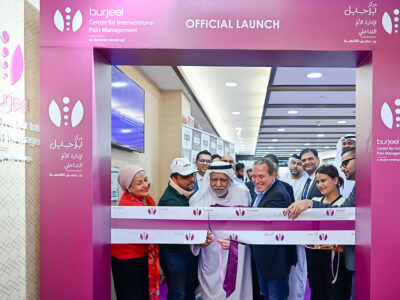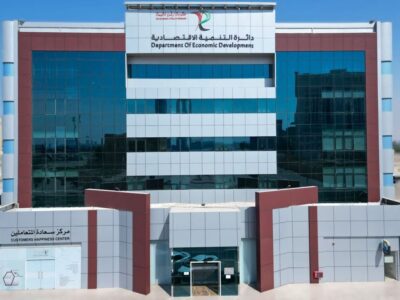Medical records, including patients’ names and their diagnoses, is being submitted to the government with little protection and no patient consent, sparking serious confidentiality concerns among doctors.
Speaking to Medical Times last week, physicians working across all areas of healthcare in Dubai warned a new government-run online reporting system is failing to protect patients’ identities.
The daily reporting scheme, introduced in July, is mandatory for every consultation held in public and private practices licensed by the Department of Health and Medical Services (DoHMS).
The form asks for the patient’s name, a form of identification such as a passport, and a wealth of clinical information including diagnoses and medications.
However, doctors have revealed that patients are not asked to sign a waiver agreeing their information can be shared with DoHMS. Clinics also fear that poor data protection means confidential information could be accessed.
They have warned that the identity of single women who are pregnant, or people with hepatitis B, which is a deportable disease, could be easily obtained from the data.
Dr Carole Chidiac, medical director of The French Medical Centre in Jumeriah said: “They do not have the right to do this without patient consent. We are not confident they [DoHMS] cannot know the identity of the person.”
Physicians have also been told that if they fail to submit all the required information they risk losing their own and their practice’s license, added a GP who spoke on condition on anonymity.
We were never told the procedure [in the way] where someone comes in and explains it. We were just told to do it, and if we do not then our licenses will be revoked,” she said.
DoHMS failed to respond to requests for a comment. But information on the TenderCare software progamme, developed especially for the DoHMS scheme, states that a unique ‘global identification number’ is generated for every patient.
This is done automatically to prevent personal and clinical data being matched up.
The Dubai Health Authority, which will take over the collection of data from DoHMS early next year, said it was committed to introducing an IT strategy that would protect patient privacy in line with United Arab Emirates laws.







